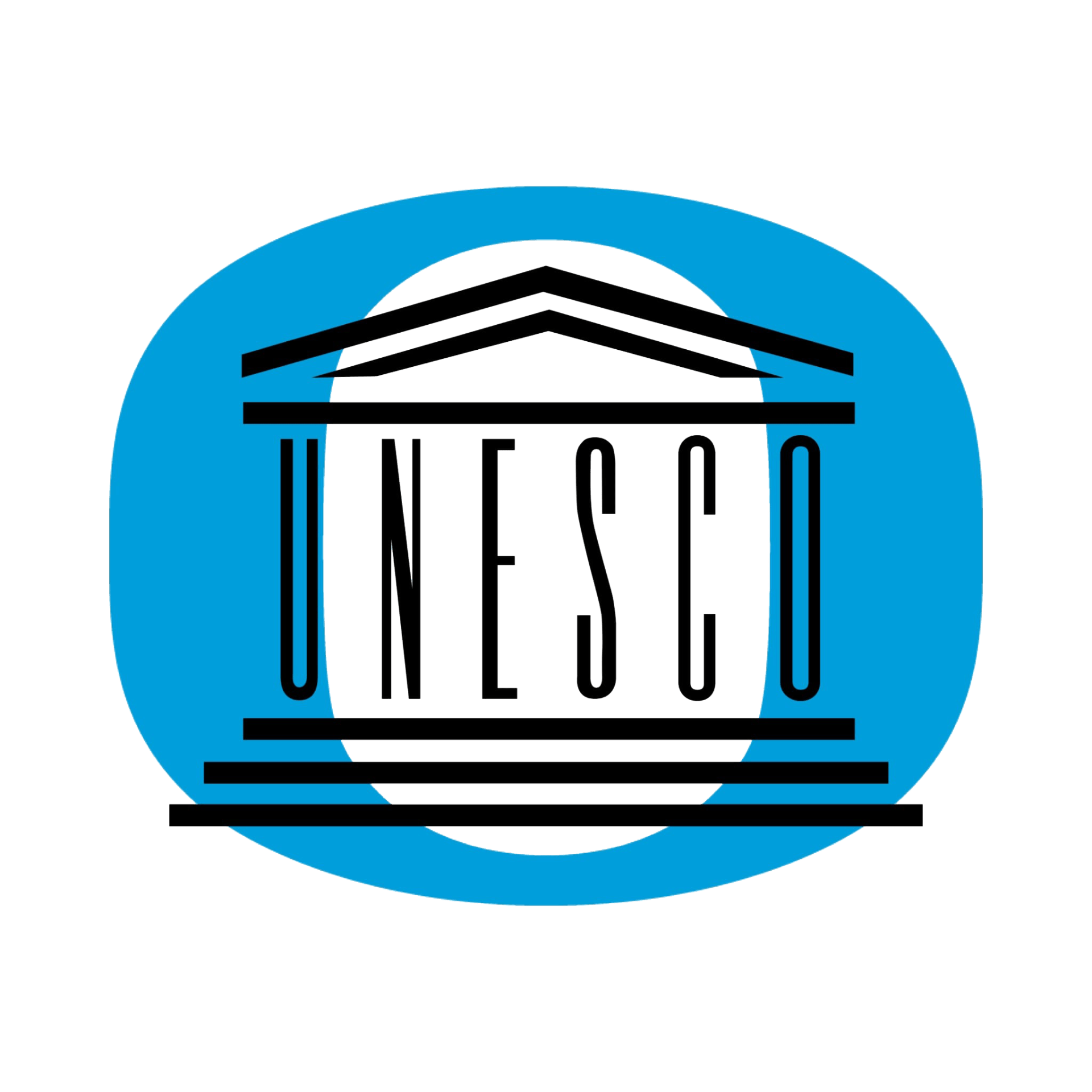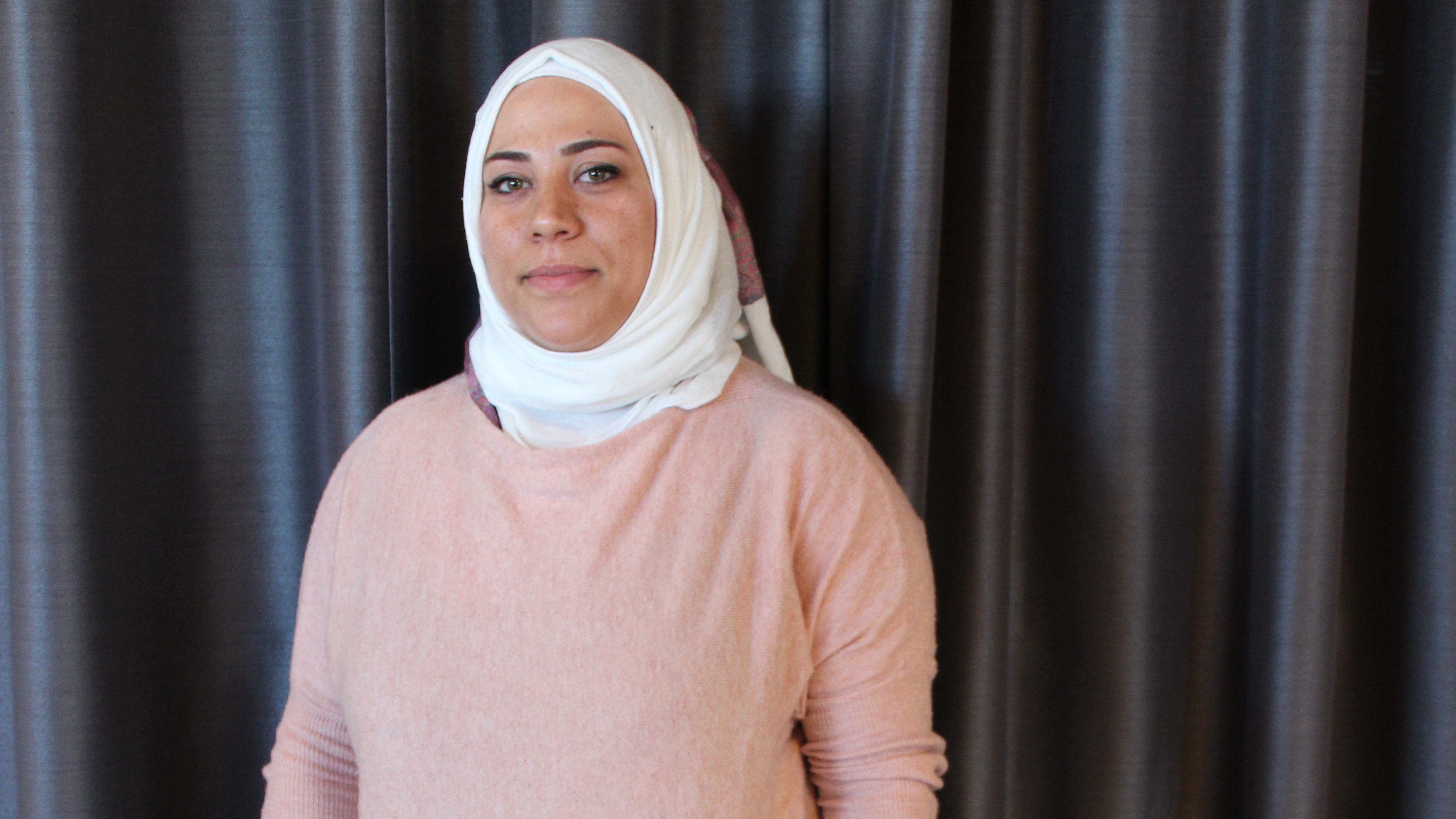Kholoud Waleed had her hometown destroyed, her friends captured and her family split. The only way she could fight back was telling stories.
Waleed — which is not her real last name — was the 2015 recipient of the Anna Politkovskaya Award for her bravery in reporting for Enab Baladi. Crossings Radio’s Scott Greenstone and Franziska Monahan interviewed Kholoud at UNESCO World Press Freedom Day in Helsinki, Finland in 2016.
This piece was produced by Scott Greenstone. Special thanks to Todd Milbourn at the UO School of Journalism and Communication.
TRANSCRIPT:
Scott Greenstone: Imagine that you have two hours left with your mom and dad. After those two hours, you’ll never see them again. What would you say? What would you do together?
Kholoud Waleed was in this situation a few years ago.
Kholoud Waleed: I mean, when they called me and said ‘you have to pack your bag, because you have only two hours,’ I was paralyzed.
Scott Greenstone: Let’s go back. I met Kholoud at World Press Freedom Day in Helsinki in Finland.
Kholoud Waleed: I’m Kholoud Waleed, a Syrian journalist and co-founder of an underground newspaper.
Scott Greenstone: Waleed isn’t her real last name. She always wears a white headscarf and she smiles a lot considering what she’s been through. Kholoud is young to be running a newspaper–she was in her twenties when she co-founded it.
Kholoud Waleed: We call it Enab Baladi, and it means ‘the grapes of our country.’ I come from a town which is close to Damascus. It’s called Daraya. And Daraya is very well-known for its grapes all over Syria.
Scott Greenstone: Kholoud has won awards for speaking out against Bashar al-Assad’s regime, and she was at World Press Freedom Day because no one knows how important press freedom is better than Kholoud.
Activist: [speaking in Arabic]
Scott Greenstone: The man behind the camera just said ‘August 25, 2012. Daraya.’ It’s night time. If you listen closely, you can hear explosions in the background. He’s in a mosque in Daraya, and there are bodies all over the floor.
A lot of them are wrapped in blankets.
The man behind the camera keeps saying “God is great” to himself. This video is from an anti-government activist group; it says the Syrian regime army — Bashar al-Assad’s army — killed these people.
Kholoud was there; she’s part of another activist group. She says it was the government too.
But Syrian TV networks say it was the rebels. This is a perfect example of why Kholoud formed her newspaper: The media inside Syria is mostly run by Assad’s regime.
Kholoud Waleed: We felt a huge driving force to have our own platform to tell the people what’s going on.
Scott Greenstone: Enab Baladi was started almost entirely by women. They wrote and edited the paper, all through Skype. Then one person would print it on a home printer and drop it in a trash bag near Kholoud’s house, like a drug deal.
Then came the hard part. When the regime cracked down on dissent, they set up checkpoints all around Daraya.
Kholoud Waleed: I was walking the street and all of a sudden I found the Intelligence Forces checkpoint. And I have to cross through this checkpoint. And I was carrying the bag, and I was… terrified, that they might ask me what was in the bag.
Scott Greenstone: The bag is full of newspapers. A man stops her.
Kholoud Waleed: He was a soldier. A young man. I remember that he was 19 years old, 20 years old.
I was terrified–actually, I was shivering. When he said ‘open the bag,’ I was like ‘I have to make myself to pretend that there’s nothing in the bag and it’s only my clothes.’ I don’t know how I decided to open it as if I’m holding nothing, and I pretended that I’m not afraid.. And then ‘okay. Check it.’ and then he said ‘okay,’ and then I said ‘would you like me to drop them and search them?’ and he said ‘no no no. Okay, it’s fine. Just cross.’ and I crossed, which was like ‘ufff. Safe.’
Scott Greenstone: In the beginning, the regime would attack a city and the paper would say—
Kholoud Waleed: Fifty people were killed.
Scott Greenstone: And that’s all.
Kholoud Waleed: But the fifty people are fifty fathers, mothers, lovers, children, dream-holders, university students–they were people like you and me.
Scott Greenstone: After a while, the paper started telling as many of these stories as possible. Here’s one:
Kholoud Waleed: I was reporting about an old lady. She lost everything. Completely. Her house, her children, her grandchildren. Everything. And she still lived in the countryside of Lattakia. She lost part of her memory after all what happened to her. When she lives in her house, she starts calling her kids. She starts calling them to have dinner or lunch with her. And she’s assuming that they are there and she eats with them. But all of a sudden, she uses the other part of her consciousness and she realizes that she’s alone. And then she starts crying and she says that “I don’t want to die alone. I just want someone to stay with me… to have a chat with.”
Scott Greenstone: This was a dangerous time for Kholoud. In March of 2013, two of her close friends were captured.
Kholoud Waleed: And we called them to know what happened, if they arrived or not. One of them answered that “I’m done.” which was the secret word for us. If you say that “I’m done,” it means that you’re done. You’re taken by the security forces. So when we heard that, we just stopped.
Scott Greenstone: The regime knew her name now. She couldn’t stay in Damascus.
This is where we started.
Kholoud Waleed: I was paralyzed. I’ve never been outside Damascus. Ever. I’ve never thought that I could be away from Damascus. But having two hours to pack my bag, it was… I don’t know.
Scott Greenstone: You know when you imagine a really emotional moment and what you’re going to do, and then it happens, and it plays out a totally different way than it did in your head.
Kholoud got home. She had two hours to pack and say goodbye, maybe forever. But…
Kholoud Waleed: I didn’t do anything. I fainted—
Scott Greenstone: She actually fainted.
Kholoud Waleed: —and my mom and dad started fighting. Like, my mom never wants me to leave, because she’ll never see me again. And my dad was terrified that the security forces will come to me and then they will arrest me. So he convinced her that if I leave I’ll stay alive. Better to be safe away. And two hours are so short to think of anything, I just… the car came. They picked me up. And… in two hours, I was in Beirut.
Scott Greenstone: She hasn’t been to Syria since. Today, she runs Enab Baladi from Turkey.
I asked Kholoud what place she thinks of most in Syria. She said her grandparents’ house.
Kholoud Waleed: I grew up there. And the whole family used to unite there, when we have, like, certain festivals.
…Now, the family—no one is close to anyone. I lost my uncle, with his two little kids. I lost my cousin as well. My brother is arrested. My brother-in-law, he is arrested. We’ll never meet again in that place.
Scott Greenstone: What’s your favorite memory in your grandparents’ house?
Kholoud Waleed: The apricot tree. We used to gather under the apricot tree, play, and chat, and shout.
Scott Greenstone: Do you hold out hope that things are going to get better? That you’ll be able to return?
Kholoud Waleed: One day. I’m obliged to.
Scott Greenstone: You can read Enab Baladi at english dot e-n-a-b b-a-l-a-d-I dot net.
You’re listening to Crossings Radio. I’m Scott Greenstone. I produced this piece, and I interviewed Kholoud with Franziska Monahan on a trip made possible by University of Oregon.
Thanks for listening.


